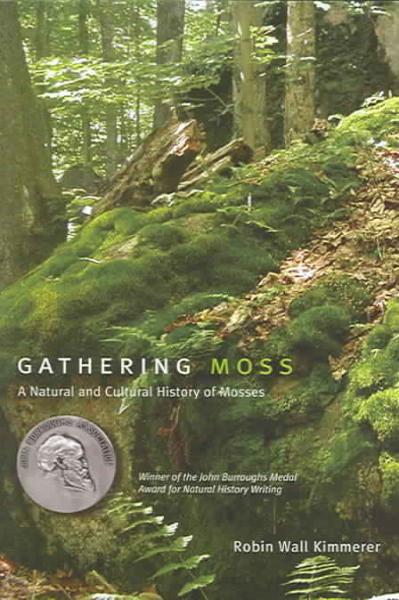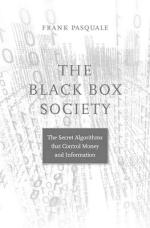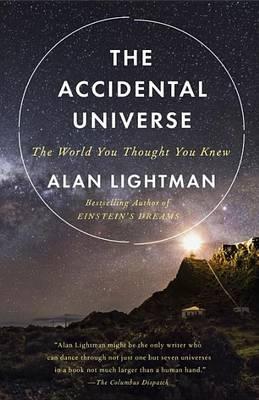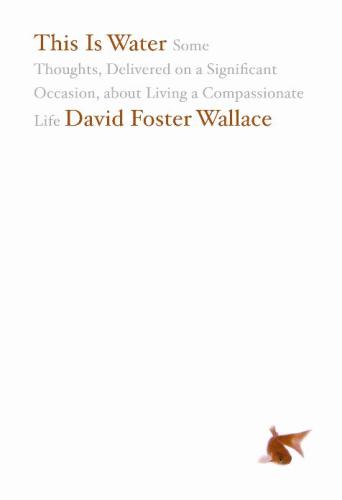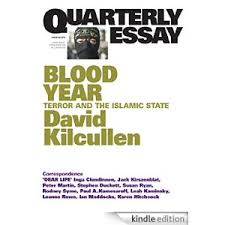Tag The Rising
Attention without feeling is only a report: “Life exists only because of a myriad of synchronicities that bring us to this particular place at this particular moment. In return for such a gift, the only sane response is to glitter in reply. Knowing the fractal geometry of an individual snowflake makes the winter landscape even more of a marvel. Knowing the mosses enriches our knowing of the world. Mosses and other small beings issue an invitation to dwell for a time right at the limits of ordinary perception. All it requires of us is attentiveness. Look in a certain way and a whole new world can be revealed. Learning to see mosses is more like listening than looking. A cursory glance will not do it. Starting to hear a faraway voice or catch a nuance in the quiet subtext of a conversation requires attentiveness, a filtering of all the noise, to catch the music. Mosses are not elevator music; they are the intertwined threads of a Beethoven quartet.” So writes one of the world’s leading botanists, Robin Wall Kimmerer, in her masterwork Gathering Moss: A Natural and Cultural History of Mosses — an extraordinary celebration of smallness and the grandeur of life, as humble yet surprisingly magical as its subject.
Algorithms can learn. Algorithms can acquire bias. In The Black Box Society: How Secret Algorithms Control Money and Information, eminent Law Professor Frank Pasquale exposes the invasive technology running our lives. In The Age of Terror these systems can be used to extend the control of dark agencies into every corner of our lives. Every day, corporations are connecting the dots about our personal behavior-silently scrutinizing clues left behind by our work habits and Internet use. The data compiled and portraits created are incredibly detailed and invasive. But who connects the dots about what firms are doing with this information? The Black Box Society argues that we all need to be able to do so-and to set limits on how big data affects our lives.
Questions like why our world exists and what nothing is have occupied minds great and ordinary since the dawn of humanity, and yet for all our scientific progress, they continue to do so, yielding only hypotheses rather than concrete answers. But there is something immutably heartening in the difference between the primitive hypotheses of myth, folklore and religion, which handed off such mysteries to various deities and the occasional white-bearded man, and the increasingly educated guesses of modern science. In the title essay of his excellent The Accidental Universe: The World You Thought You Knew which also gives us beautiful meditations on science and spirituality, Alan Lightman points to fine-tuning — the notion that the basic forces propelling our universe appear to be fine-tuned in such a way as to make the existence of life possible — as a centerpiece of how modern scientists have attempted to answer these age-old questions.
Only once did David Foster Wallace give a public talk on his views on life, during a commencement address given in 2005 at the elite liberal arts Kenyon College, the oldest private educational institution in Ohio, America, known for its rural setting and Gothic architecture. Demonstrating that wisdom can come from everywhere, is the sole possession of no individual, no single faith, no single creed, no single god, the schools motto is derived from the religious order of The Daughters of the King, associated with the Episcopal Church but now drawing members from across denominations: Mangnaminem Sustine Cruciter, meaning “With heart, mind and spirit uphold and bear the cross.” At the base of the cross are the letters “FHS”, meaning: “For His Sake”. To many Christ, in 2015, appeared to have departed the Earth scene as a tidal wave of Islamic fundamentalism swept the world. Three years later David Wallace was to commit suicide, becoming a cultural symbol for tortured genius. His address, published in the slim volume This Is Water, captures Wallace’s electric intellect as well as his grace in attention to others. After his death, it became a treasured piece of writing reprinted in The Wall Street Journal and the London Times, commented on endlessly in blogs, and emailed from friend to friend. Writing with his one-of-a-kind blend of causal humor, exacting intellect, and practical philosophy, David Foster Wallace probes the challenges of daily living and offers advice that renews its devotees with every reading. How does one keep from going through their comfortable, prosperous adult life unconsciously? How do we get ourselves out of the foreground of our thoughts and achieve compassion?
Last year was a “blood year” in the Middle East – massacres and beheadings, fallen cities, collapsed and collapsing states, the unravelling of a decade of Western strategy. We saw the rise of ISIS, the splintering of government in Iraq, and foreign fighters – many from Europe, Australia and Africa – flowing into Syria at a rate ten times that during the height of the Iraq War. What went wrong?
